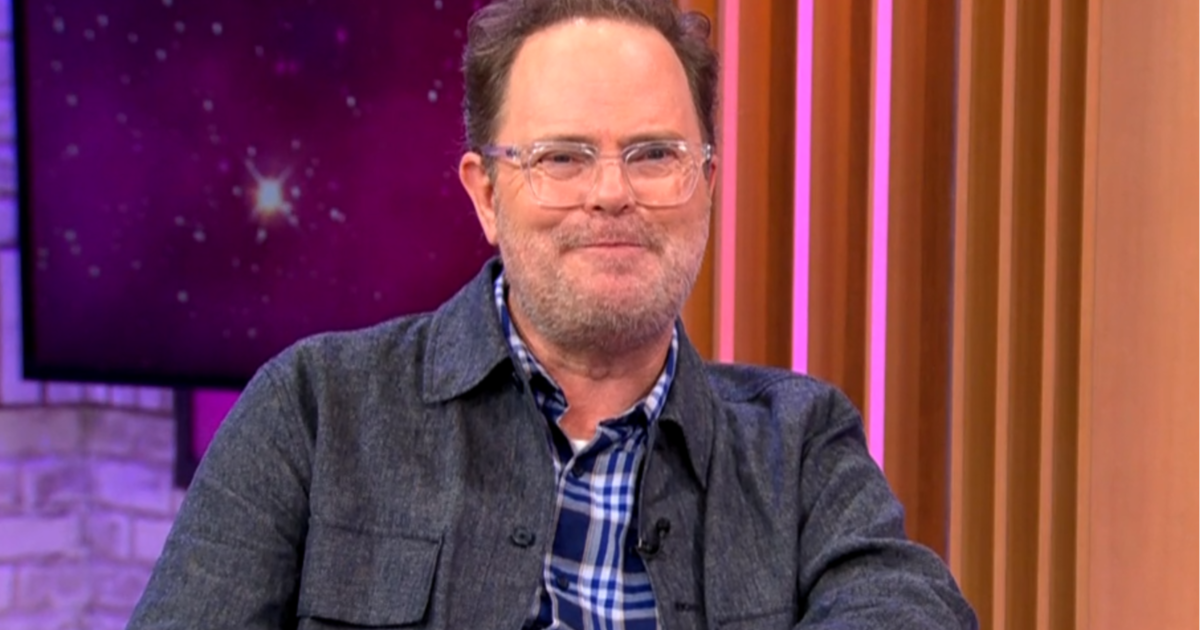What a top diplomat learned from high-stakes negotiations
Ambassador Wendy Sherman spent four years negotiating with Iran and world leaders on the nuclear accord, and also worked for the State Department as policy coordinator on North Korea during the Clinton administration. The distinguished diplomat is out with a new book called, "Not for the Faint of Heart: Lessons in Courage, Power, and Persistence." In it, she explains how people can apply what she learned in high-stakes negotiations to get what they want in everyday life.
"I think that what I want people to understand is that to do a good negotiation, to really be a good diplomat, you need courage, you need to be able to persist, you need to understand you have to have a team around you," Sherman told "CBS This Morning" on Friday.
Sherman negotiated the Iran nuclear deal through many challenges and personal threats. A statement she made during a Senate Foreign Relations Committee led to chants of "death to Wendy Sherman" in the streets of Iran. Her family was also targeted.
"I also during this negotiation had emails pop up to both me and my daughter that my husband was having an affair in Europe while I was negotiating and I never quite found out who did that. Though these days we might have some clue about who is sending those kind of emails. So there were lots of obstacles along the way but I think one of the things I've learned through life is I'm gonna come out the other side and if I could gather people around me to support me," Sherman said.
Sherman, who was just appointed as the new director of the Harvard Kennedy School's Center for Public Leadership, also offered a glimpse into what it's like to negotiate with an isolated, authoritarian country like North Korea.
"The difference between autocrats and democrats is autocrats really are impulsive, they are short-termers, they think about what they want. Democrats think long term, understand history, understand that we have an obligation to the future," Sherman said. "Kim Jong Un has nothing to do except care about the survival of himself and his regime whereas the president of the United States, most presidents of the United States anyway, believe they have a responsibility for many, many things and the safety and prosperity of the world."



